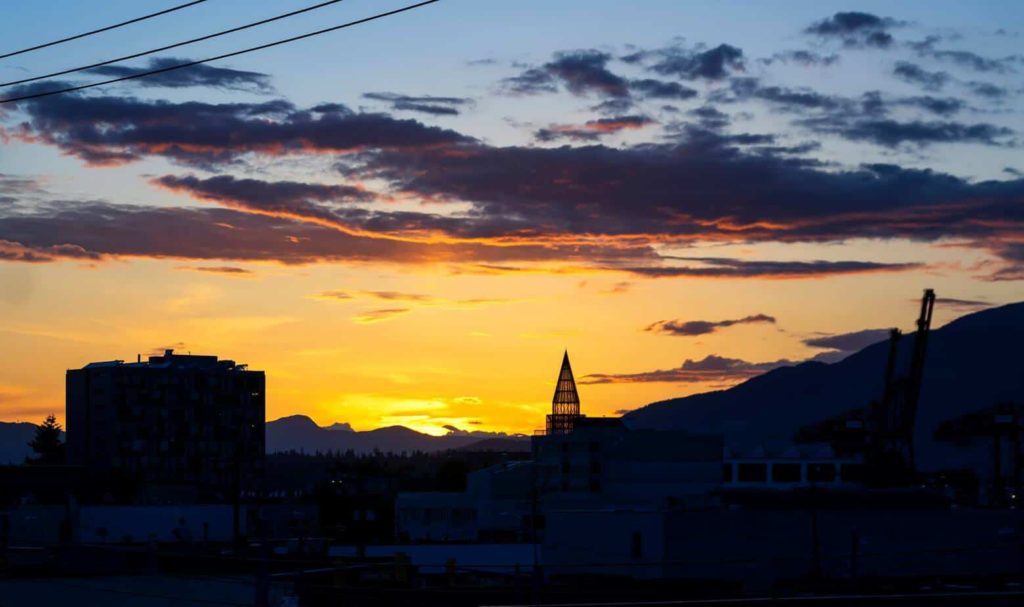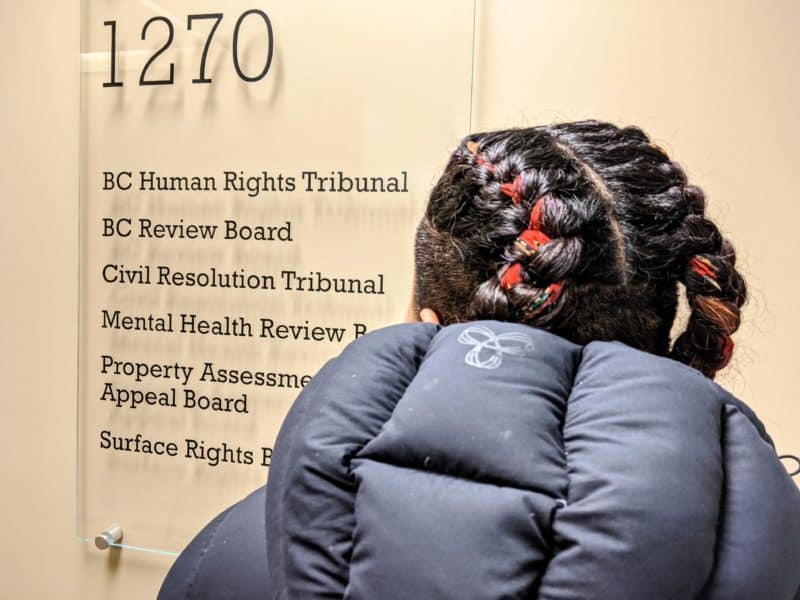
My recently published story and op-ed about First Nations housing in the Ucluelet First Nation conclude my contribution to The Discourse’s investigation into Canada’s on-reserve housing.
It feels bittersweet to know I’m finished for now. On-reserve housing is in a state of crisis, and as such, it’s a key issue in reconciliation. That’s why I’m proud to have helped educate readers and raise public awareness about this issue. I’m also proud that I chose to look at aspects of reconciliation that mainstream media haven’t examined yet — namely the state of housing in B.C. First Nations, which have signed modern-day treaties that enable them to maintain partial jurisdiction over their own housing.
While looking at the “Negotiations Update” section of the BC Treaty Commission website, I noticed on-reserve housing wasn’t included in the “Framework Agreement” stage, which lists everything that’s being negotiated; this puzzled me because there are more than 60 First Nations negotiating treaties. Historically, First Nations had to deal solely with the federal government to get housing, so most if not all of the 60 must have varying numbers of crumbling homes.
I hope leaders from these nations will leverage the housing crisis in negotiations by refusing to sign off on treaties until there are specific resources to deal with rebuilding them — not just promises of resources, or pledges to fold them into a side deal or fiscal financing agreement, either. After all, what did that do for Ucluelet?
There were other areas of housing that I wanted to explore, too. For my research, I talked to leaders from First Nations accessible only by air and water, who told me they pay a king’s ransom to have housing materials shipped; they then have to resort to building homes using cheaper materials with whatever money is left over in their budget. I’ve also heard about some First Nations that haven’t received housing subsidies for more than 20 years. The potential stories are endless, and I hope to investigate them further at some point in the future.
First Nations Housing: Math 101
The B.C. provincial government is committing $550 million over 10 years for social housing on- and off-reserve. The province’s stated goal is to build 1,750 units of social housing over the next decade. Here’s the mathematical breakdown:
- $550 million ÷ 10 years = $55 million per year.
- 1,750 social housing units ÷ 10 years = 175 units per year.
There are 198 First Nations in B.C.
- $55 million ÷ 198 First Nations = $277,777 per First Nation (it costs around $80,000 to tear down an old Indigenous and Northern Affairs Canada house and around $200,000 to build a new one, according to the Ucluelet First Nation’s housing manager.
- 175 social housing units per year ÷ 198 First Nations = 0.88 units per First Nation (not including an as-yet-to-be-determined number of off-reserve units)
In a nutshell, there isn’t enough money for all B.C. First Nations to effectively put a dent in the housing crisis.
Should First Nations that are negotiating modern-day treaties refuse to sign off on them until Ottawa rebuilds the crumbling houses they created using federal subsidies in the 1970s and 1980s? Let me know what you think via Facebook, Twitter or email. Finally, if you enjoyed reading this newsletter, please ask your friends to subscribe.
Support continued reconciliation reporting.
I know you appreciate good journalism about reconciliation, but I hope you also appreciate that it costs money to do it. Our reporters frequently enter First Nations communities to witness firsthand how bureaucratic decisions made in faraway Ottawa boardrooms impact ordinary people, so we need your help to continue producing this kind of important work. If you agree with our approach, please take the next step in supporting us by becoming a paying member of The Discourse.[end]



